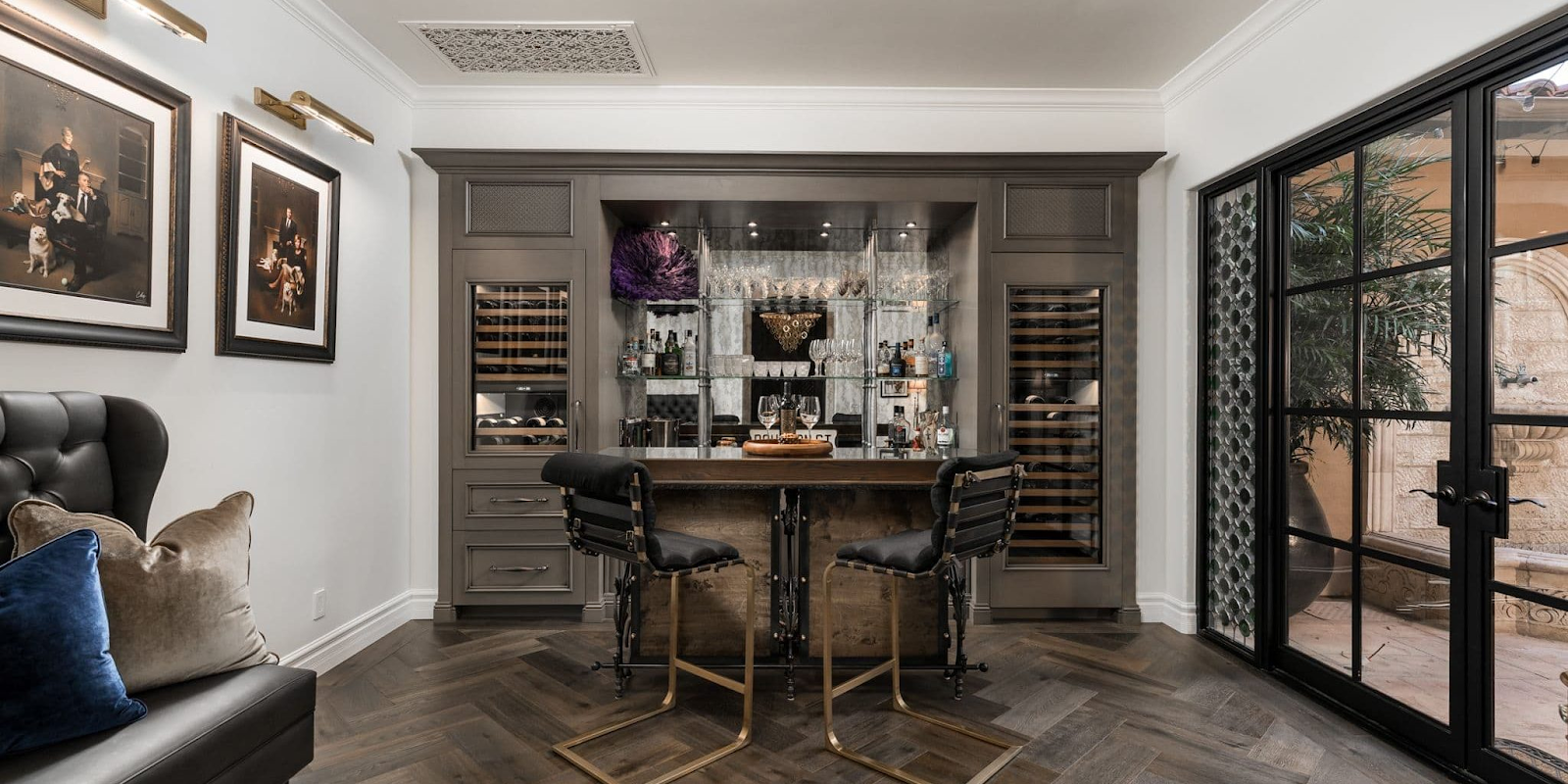Unlocking the Secrets of Epoxy Flooring: Pros and Cons Revealed by Our Expert Team
Epoxy flooring is taking the interior design world by storm, transforming spaces with its sleek, modern look and durability. But before you jump headfirst into this trend, it's essential to uncover the secrets behind epoxy flooring, understanding both its advantages and disadvantages. That's where our expert team comes in, ready to share epoxy flooring pros and cons that help you make an informed decision.
The Beauty of Epoxy Flooring
Unparalleled Aesthetics
Epoxy flooring offers an aesthetic like no other. Its glossy, seamless surface can turn even the most mundane spaces into sleek and stylish areas. The smooth, reflective finish creates an illusion of depth, making rooms appear more spacious and inviting.
Versatile Designs
One of the significant advantages of epoxy flooring is its versatility in design. You can choose from a wide range of colors, patterns, and textures to suit your style and space. Whether you prefer a minimalist, industrial look or a vibrant, artistic floor, epoxy can deliver.
Durability That Lasts
Epoxy flooring is renowned for its durability. It can withstand heavy foot traffic, making it ideal for high-traffic areas such as garages, commercial spaces, and even homes with kids and pets. The tough surface is resistant to scratches, stains, and moisture, ensuring your floors look new for years.
The Pros of Epoxy Flooring
Easy to Clean
Maintaining epoxy flooring is a breeze. The smooth, non-porous surface repels spills and stains, making cleanup as simple as a quick wipe or mop. This is particularly advantageous in spaces like kitchens or workshops, where spills are common.
Cost-Effective
While the initial installation cost of epoxy flooring may be higher than some other options, it pays off in the long run due to its longevity and minimal maintenance requirements. You won't need to invest in expensive floor replacements or constant repairs.
Resistant to Chemicals
Epoxy flooring is incredibly resistant to chemicals, making it an excellent choice for industrial or commercial settings where spills of corrosive substances are common. It won't corrode or deteriorate when exposed to various chemicals, ensuring the safety and longevity of your floors.
Enhances Safety
The glossy finish of epoxy flooring not only looks great but also improves safety by increasing visibility in spaces with minimal lighting. Additionally, you can opt for slip-resistant additives to prevent accidents in areas prone to wet conditions.
The Cons of Epoxy Flooring
Installation Complexity
Epoxy flooring installation is not a DIY project. It requires professional expertise and precision to ensure a flawless finish. The process involves multiple steps, including surface preparation, mixing and applying the epoxy resin, and curing. Any mistakes during installation can lead to imperfections.
Vulnerability to UV Rays
Epoxy flooring is not UV-resistant, which means it can yellow and degrade when exposed to direct sunlight over time. This limitation makes it less suitable for outdoor applications or areas with large windows.
Preparation and Downtime
Before epoxy can be applied, the surface must be thoroughly cleaned and prepared, which can be time-consuming. Additionally, epoxy flooring requires some downtime during installation and curing, which can disrupt normal activities in the area.
Slipperiness When Wet
While epoxy flooring can be made slip-resistant with additives, the standard glossy finish can be slippery when wet. This may pose a safety hazard in areas where water or other liquids are regularly present.
Making an Informed Choice
Now that you've unlocked the secrets of epoxy flooring, it's time to weigh the pros and cons. Consider the specific needs of your space and your aesthetic preferences. Epoxy flooring is an excellent choice for many applications, but it may not be the perfect fit for every situation.
If you're looking for a durable, stylish, and low-maintenance flooring option, epoxy could be the answer. However, if you're concerned about UV exposure, slipperiness when wet, or the complexity of installation, you may want to explore alternative flooring options.
In the end, the decision should align with your unique requirements and vision for your space. Whether you choose epoxy flooring or another option, Dig This Design blog helps to make the right choice that will enhance the beauty and functionality of your space for years to come.




Comments
Post a Comment